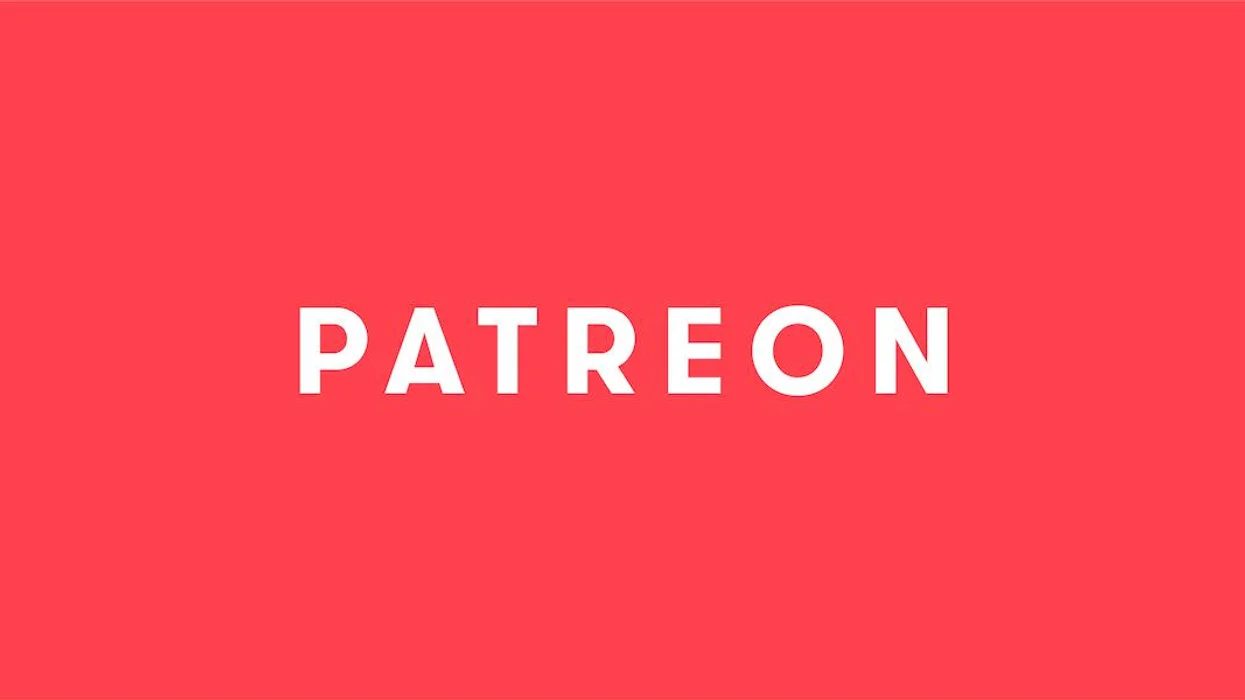To eliminate the need for YouTube, Patreon has introduced a native video hosting service and is providing Pro and Premium producers with early access to the tool. Last year, the business first disclosed that it was developing a self-hosted video hosting platform and player. Following a period of beta testing, Patreon has now started making it available to more people. In the beta, creators “used it fairly successfully to build their subscriptions,” according to company CPO Julian Gutman, and the company is “extremely thrilled to roll it out.”
/cdn.vox-cdn.com/uploads/chorus_asset/file/24160036/PreviewCreation_RockMSukura.jpg)
If videos are a part of what creators offer to viewers, they often have to use YouTube, Vimeo, and other services like these. Additionally, they can upload files to their Patreon posts for download, although this doesn’t provide a seamless experience and the most file they can upload is 200 MB. Creators with early access to the service will be able to quickly build teasers to tease their content to prospective members and post HD films directly to Patreon. Simply by highlighting frames in the backend upon upload, they may manage how lengthy the previews are. Fans won’t see any adverts when watching the videos because they will be paying for full access to them.
There will be desktop, iOS, and Android versions of Patreon Video. The tool is currently free to use, and creators on Pro and Premium plans will be able to submit 500 hours of movies until the end of 2023 at no additional cost. It will support AirPlay for Apple devices at launch, while Patreon’s Android app will acquire Chromecast compatibility “soon.” However, Patreon will eventually charge users for using the function: After 2023, it expects to add pricing that accounts for the price of hosting and natively streaming content. Once pricing is established, creators will have six months to use up their 500 hours. They won’t need to do anything to keep the video they upload during early access available on the internet.



